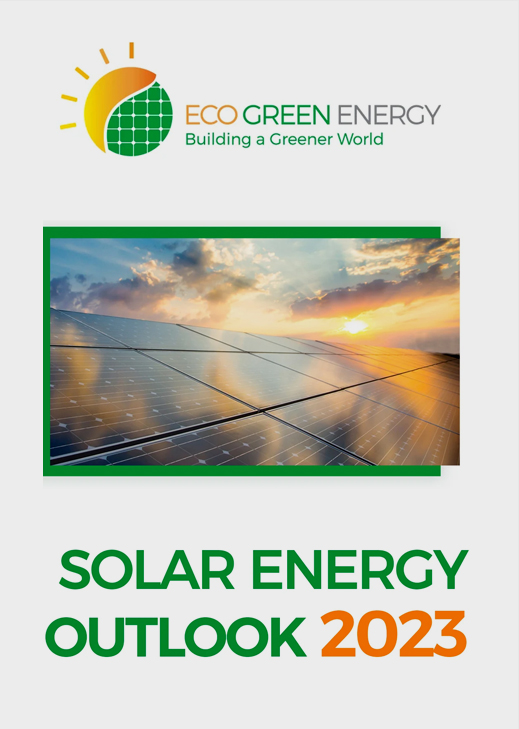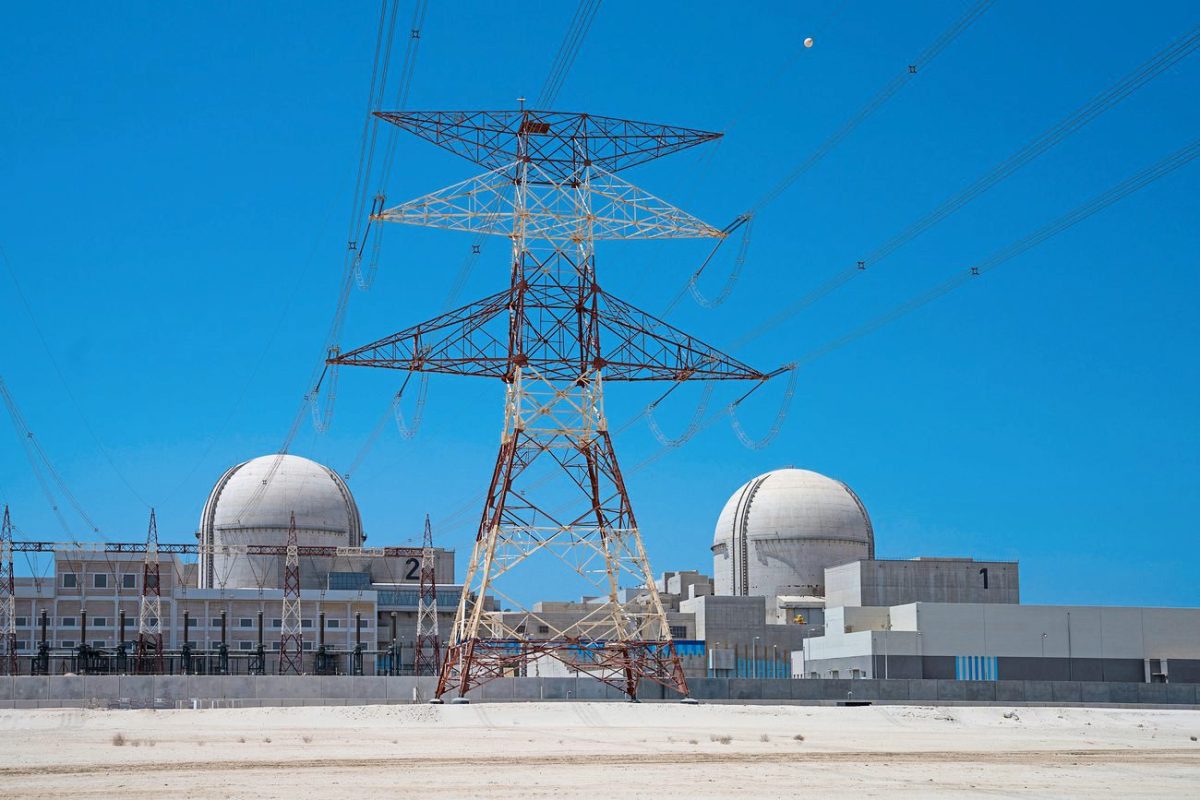
July 6, 2022

The Barakah Nuclear Power Plant (Barakah NPP) supports the country’s drive towards achieving the goals of its strategic initiative for climate neutrality by 2050 by accelerating the reduction of the carbon footprint of the energy sector.
Barakah NPP also provides a solution to climate change by producing abundant, reliable and environmentally-friendly electricity for homes and business sectors across the country. It also prevents 22.4 million tons of carbon emissions annually while paving the way for the development of other environmentally friendly energy technologies such as hydrogen.
The importance of producing environment-friendly electricity is becoming increasingly important in the region. As temperatures rise in the height of summer to about 40° Celsius, the use of air conditioners increases, and with it the demand for desalination of water for personal uses and irrigation.
The UAE has significant achievements in supporting economic growth, with the Barakah NPP being developed by the Emirates Nuclear Energy Corporation (ENEC) in the Al Dhafra region in the Emirate of Abu Dhabi. Two of the four plants are now producing electricity commercially, each up to 1,400 megawatts of carbon-neutral electricity 24 hours a day, 7 days a week.
The Barakah units are one of the largest nuclear power plants in the world in terms of production capacity. It has four reactors of advanced design APR-1400 that are capable of providing up to 25 percent of the UAE’s electricity needs when fully operational. This provides a continuous source of electricity that supports energy in the country without any carbon emissions, which makes the UAE’s peaceful nuclear programme the ideal solution to various challenges.
Unit 1 of Barakah completed a full year of commercial operation, which began in April 2021 and produced more than 10.5 terawatts of environmentally friendly electricity. The commercial operation of Unit 2 also started in March 2022, less than a year after the commercial operation of the first plant.
Consequently, the two stations doubled Barakah’s productivity and benefits to the state, which will increase further with the start of the operations of the third plant, expected in the current year.
The first plant was subjected to a pre-planned process of refuelling and maintenance. This is a process that occurs every 12 months and includes stopping the plant’s reactor, conducting more than 8,000 pre-planned maintenance activities, and replacing about a third of the fuel packages in the reactor core. The first plant operated at full capacity and commercially for another year without carbon emissions. The second plant continued commercial operations normally throughout this time to provide environmentally-friendly electricity.
The process of loading fuel assemblies into Unit 3 has begun in line with all national regulations and the highest international standards after the Emirates Nuclear Energy Corporation (ENEC) announced that its operating and maintenance subsidiary Nawah Energy Company has received the Operating Licence from the UAE’s Federal Authority for Nuclear Regulation (FANR).
With Unit 3 now approved to operate alongside Units 1 and 2, this milestone demonstrates the substantial and swift progress that has been made in developing nuclear energy as a strategically significant, clean and abundant source of electricity for the UAE while transforming the country’s energy landscape and enhancing national energy security. With the completion of the fuel load process, the operations team will proceed with preparations for the start-up of the unit later this year, followed by the delivery of the first megawatts of clean and reliable electricity.
By 2030, the Barakah Plant will contribute 25 percent of the UAE’s international commitments for emissions reductions making it an essential component of the nation’s Net Zero by 2050 strategy.